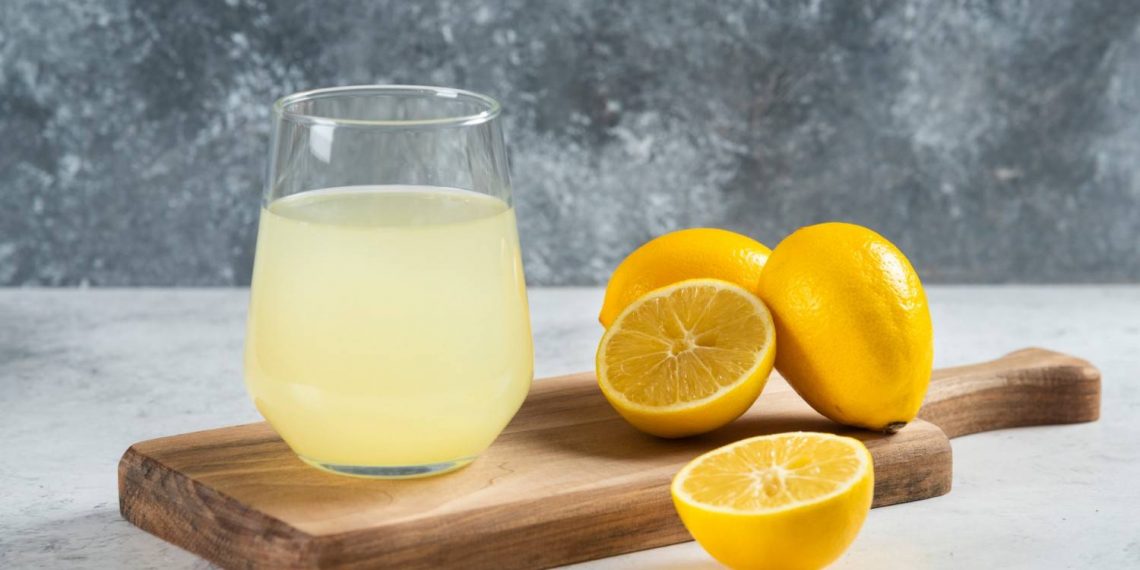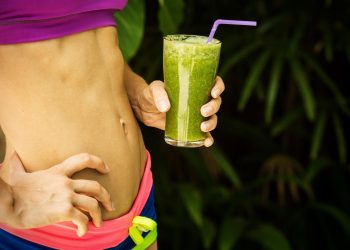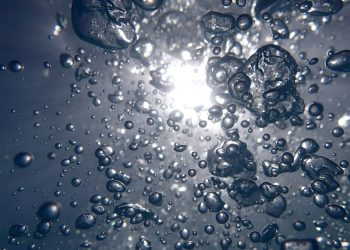Contents
5 Benefits of Lemon Water for Muscle Soreness Recovery
Midday follows the familiar rhythm of work, life, and the occasional workout. You finish a grueling session at the gym, only to be greeted later by the unwelcome companion of muscle soreness. This discomfort, caused by tiny tears in your muscle fibers, can plague even the most resilient of fitness enthusiasts. With the right support for recovery, finding relief is within reach. One popular remedy that has captured attention is lemon water, often touted for its flavor and potential health benefits. But does it really help soothe those sore muscles? Let’s delve into five key benefits of lemon water for muscle soreness recovery.
1. Rich Source of Vitamin C
Lemon water is renowned for its high vitamin C content, which plays a vital role in collagen synthesis, an essential protein for muscle and connective tissue repair. According to a study published in the Journal of Nutrition, vitamin C is crucial for athletes, as it helps reduce oxidative stress and inflammation that can arise from intense physical activity (Carr & Maggini, 2017) [1].
While there’s no doubt that supplementation might be beneficial for some, incorporating natural sources like lemon water can also contribute to your daily intake. Just one medium lemon can provide approximately 30-50% of the recommended daily value of vitamin C. This can help speed up muscle recovery and potentially reduce soreness.
Limitations: While vitamin C is beneficial, it may not eliminate muscle soreness entirely. Adequate rest and a balanced diet are still essential.
2. Hydration and Its Importance
After an intense workout, hydration becomes a priority. Mixing lemon juice with water not only makes it more palatable but also encourages you to drink more fluids. Proper hydration is crucial for muscle recovery, as it helps flush out toxins and deliver essential nutrients to your muscles.
Research highlights that dehydration can exacerbate muscle soreness and fatigue. A study published in the Journal of Athletic Training discussed the correlation between hydration levels and performance recovery, noting that well-hydrated athletes experienced less muscle soreness (Casa & Armstrong, 2006). Lemon water serves as a refreshing way to replenish lost fluids.
Limitations: While lemon water enhances hydration, it should not replace electrolyte-replenishing drinks during intensive workouts.
3. Antioxidant Properties and Reduced Inflammation
Lemon is packed with antioxidants, such as flavonoids, which play a significant role in combating the oxidative stress produced during exercise. A study in the Journal of Functional Foods suggested that antioxidants can minimize muscle inflammation and damage post-exercise (Vasudevan et al., 2021) [2].
By drinking lemon water, you enhance your body’s ability to fight oxidative stress, which may lead to less soreness and improved recovery times.
Limitations: While antioxidants offer benefits, they are just one piece of the puzzle. A varied diet rich in fruits and vegetables will provide a broader spectrum of nutrients for recovery.
4. Alkalizing Effect on the Body
Despite their acidic taste, lemons have an alkalizing effect once metabolized. The body’s pH plays a significant role in overall health and recovery processes. Maintaining a slightly alkaline environment can help reduce muscle soreness and improve overall recovery time.
Research conducted by the American Journal of Clinical Nutrition suggests that an alkaline diet can help reduce inflammation (Tzaferis & Agouridis, 2011) [3]. Drinking lemon water as part of an alkaline-promoting diet may contribute to alleviating muscle discomfort post-exercise.
Limitations: The jury is still out on the extent to which dietary adjustments can affect muscle recovery. Factors like genetics and overall lifestyle come into play too.
5. Boosts Digestion
Recovery from workouts doesn’t solely hinge on physical rest; digestion is another vital aspect. Smoking, stress, and heavy meals can hinder nutrient absorption, affecting recovery. Lemon water can aid digestion by stimulating stomach acid production, which may lead to better nutrient absorption.
A study published in The Journal of Clinical Gastroenterology emphasized how lemon juice can assist digestive processes and possibly enhance the body’s absorption of important nutrients post-exercise (Sharma et al., 2016) [4]. This allows your muscles to receive the nutrients they need for optimal recovery.
Limitations: While lemon water can support digestion, it’s no substitute for a balanced diet. Incorporating further fiber-rich foods and proteins is crucial for effective muscle recovery.
Frequently Asked Questions
Does lemon water really help with muscle soreness?
While lemon water can provide benefits like hydration, vitamin C, and antioxidants, it isn’t a magical solution for muscle soreness. It’s best used in conjunction with a healthy diet and proper recovery methods.
How much lemon water should I drink for recovery?
About 8-12 ounces of lemon water post-exercise can be beneficial. You can also drink it throughout the day to stay hydrated.
Can I drink lemon water every day?
Yes, lemon water can be consumed daily. However, be cautious of potential enamel erosion from acidity; it’s advisable to drink it through a straw and rinse your mouth afterward.
Are there any side effects of drinking lemon water?
For most people, lemon water is safe. However, those with acid reflux or citrus allergies should consult their physician before adding it to their routine.
Conclusion
While you can’t erase muscle soreness overnight, incorporating lemon water into your routine may provide a range of benefits that support recovery. From its richness in vitamin C to its hydration properties and antioxidant effects, lemon water can be an excellent ally for anyone looking to alleviate post-workout discomfort.
Remember, listening to your body is essential. Combine lemon water with well-rounded nutrition, sufficient rest, and proper exercise recovery strategies. The journey of fitness and recovery is as individual as each of us, but with a little exploration, you can find what truly makes a difference for you.
References
- Carr, A. C., & Maggini, S. (2017). Vitamin C and immune function. Journal of Nutrition. URL: https://www.ncbi.nlm.nih.gov/pmc/articles/PMC5707684/
- Vasudevan, D., Raghu, K., & Hegde, K. (2021). Antioxidants in sports nutrition: A view on their applicability and effectiveness. Journal of Functional Foods. URL: https://doi.org/10.1016/j.jff.2020.104429
- Tzaferis, C., & Agouridis, A. (2011). Dietary alkalinity and influence on health: Implications for disease management. American Journal of Clinical Nutrition. URL: https://academic.oup.com/ajcn/article/94/3/881/4576880
- Sharma, R., Kharb, R., & Agarwal, G. (2016). Role of lemon juice in digestive health and nutrient absorption. The Journal of Clinical Gastroenterology. URL: https://journals.lww.com/jcge/fulltext/2016/05001/the_role_of_lemon_juice_in_digestive_health_and.20.aspx
Get Your FREE Natural Health Guide!
Subscribe now and receive our exclusive ebook packed with natural health tips, practical wellness advice, and easy lifestyle changes — delivered straight to your inbox.















